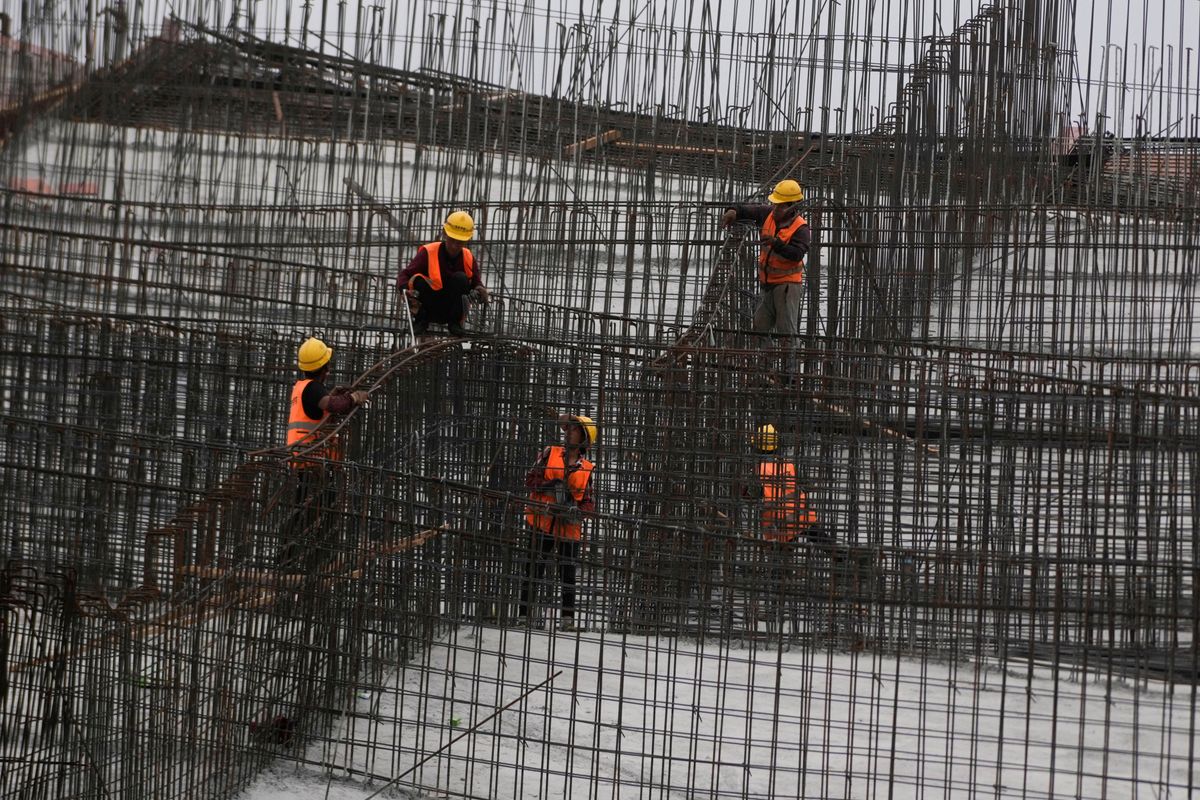China unveils new 16-point plan to ease the real estate crisis
Chinese real estate has been struggling for a while now – hitting market confidence and weighing on the world's second-largest economy.

A few minutes every morning is all you need.
Stay up to date on the world's Headlines and Human Stories. It's fun, it's factual, it's fluff-free.
Chinese real estate has been struggling for a while now – hitting market confidence and weighing on the world's second-largest economy. The property sector makes up about 28% of China's GDP, and the government has been trying different things to help with its liquidity problems and improve the country's growth outlook. The cash-strapped sector is suffering from enormous debt. At least US$292 billion of onshore and offshore borrowings are due by the end of 2023.
On Friday, Chinese regulators issued a 16-point plan to promote the "stable and healthy development" of the property sector, according to people familiar with the matter. It's the biggest effort the government has made so far to ease the property market crisis. So, what's in the rescue plan? Some key measures include allowing banks more leeway in extending loans to developers, reducing the down payment size and cutting mortgage rates for homeowners to support property sales. Authorities will also allow developers to access more funds from home pre-sales. After the plan was announced, Chinese developer stocks soared in Hong Kong and China.
Key comments:
"It's a meaningful easing," said Larry Hu, head of China economics at Macquarie Group Ltd. "It seems that the room for policy change has widened on various fronts after the Party Congress, including for the two major headwinds to the Chinese economy: Covid Zero and property."
"The property market has yet to show signs of recovery," said Nomura analysts in a research report. "Beijing's zero-Covid strategy, despite some latest fine tuning, will continue to weigh on the property sector."
"The extreme pessimism in markets has finally led to a key policy change on the two biggest overhangs over the economy," said Shen Meng, director at Chanson & Co. "It's still hard to say whether this is going to be a turning point for the economy though."
"At the end of the day, the rebound of home sales is still needed for an ultimate industry comeback," said James Wong, portfolio manager at GaoTeng Global Asset Management.




Comments ()